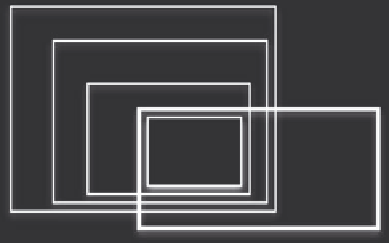Information Technology Reference
In-Depth Information
Reliance
Counting on
Delegation Acts
Trust
Trust Acts
Figure 2.7
Relationships among Reliance, Counting on, Delegation, and Trust
obliged to do so, without really trusting it, and without a free decision.
40
If
X
's choice was
free she wouldn't count on
Y
, precisely because she does not trust
Y
(enough).
Delegation is the free act of counting on; and precisely for this reason it normally presupposes
some trust. So, trust includes 'counting on' (but is not just reducible to it) which includes
'relying on' (see Figure 2.7).
2.7 Can we
Decide
to Trust?
In the next chapter we will model the decision process and how trust enters into it. However,
in relation to our layered notion of trust, and to a belief-based account of trust, a crucial
preliminary question arises. Can one
decide
to trust? For example, Annette Baier in her work
on 'Trust and Antitrust' (Baier, 1986) claimed that we can never decide to trust (p. 235). We
disagree on this.
First of all, the question is not well addressed without immediately distinguishing between
trust as belief-structure (attitude/disposition) and trust as decision and action.
(i) As for
Trust-act
, the answer is 'yes': I can decide to trust somebody, and even when the
background
belief-trust
wouldn't be sufficient. I can in fact say 'I have decided to trust
him (to entrust him), although I do not really trust him'. I may in fact have other reasons
and other values such that (even with a risk perceived to be too high) I
accept
that ('as
if')
Y
be reliable and I decide to delegate and
relying on Y
and to be vulnerable by
Y
.For
example, I might do so in order to see whether I am right or wrong, whether
Y
is really
untrustworthy; or in order to show my good-faith and good-will; and I am disposed to pay
such a price for having this proof or for exhibiting my virtues.
41
(ii) As for
Trust as beliefs
about
Y
(evaluations and expectations), like for any other
belief
I
cannot
decide
about.
40
Suppose that you don't trust at all a drunk guy as a driver, but you are forced by his gun to let him drive your car.
41
Consider that in this case (
trust-act
with not sufficient
belief-trust
) the trustor's mental elements will be condi-
tioned by this act: for example,
X
will have, after the act and caused by it, the goal that
Y
is able and willing to achieve
the task.



Search WWH ::

Custom Search